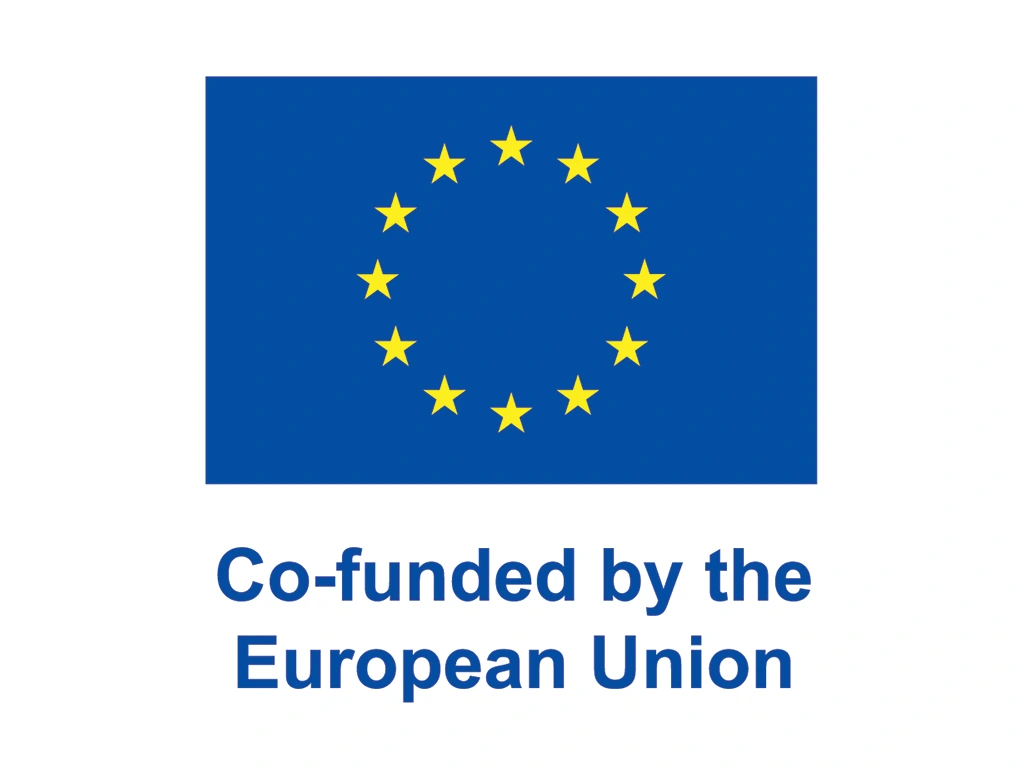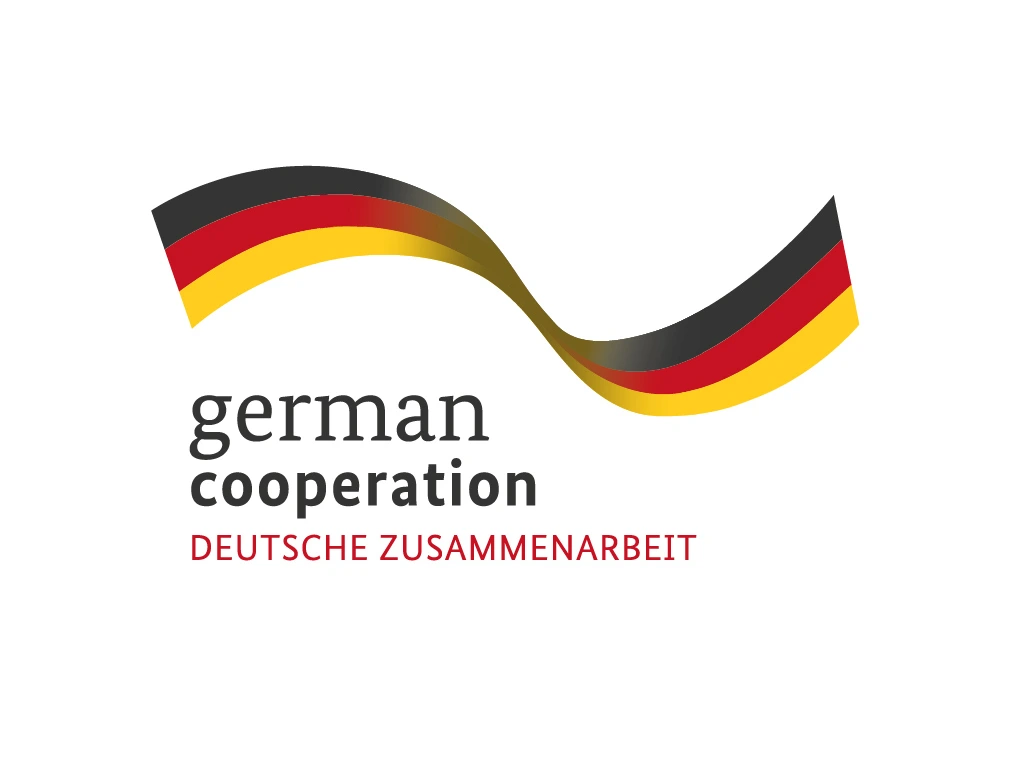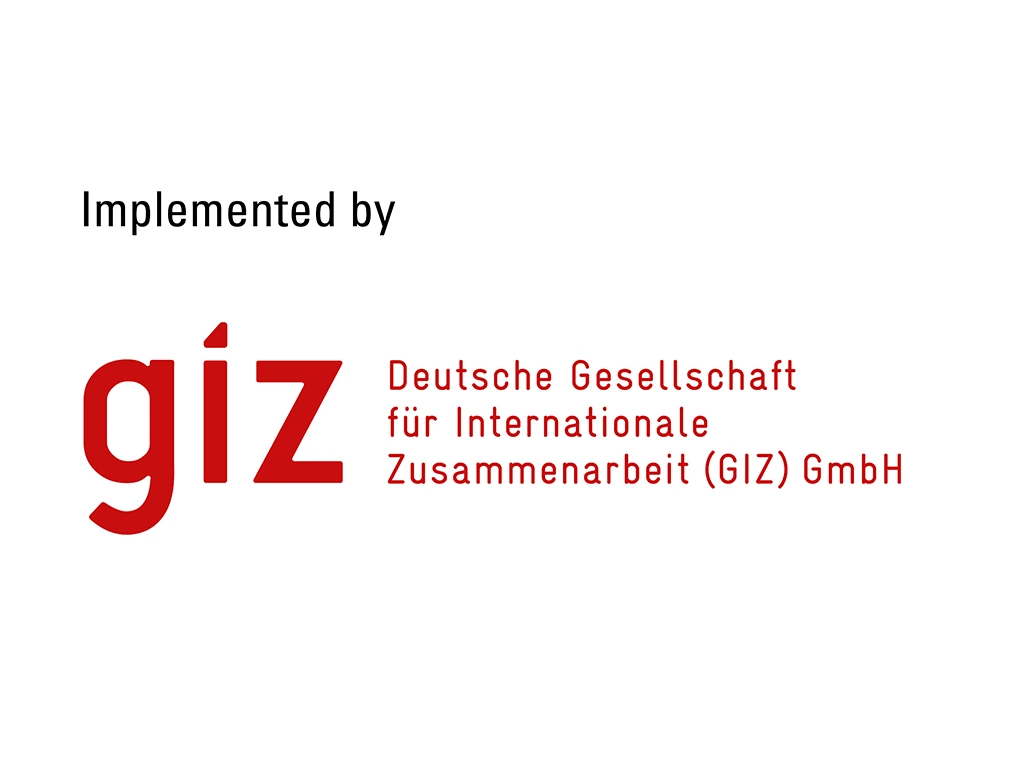The AEO Association, with the support of its Serbian Board Member Jovan Mutavdžić, organized an important round table dedicated to the AEO business in Serbia. The event was generously hosted by our valuable Group member, Nelt Group, reflecting the strong commitment of the private sector to advancing trade facilitation and trusted supply chains.
 Format and Presentations
Format and Presentations
The event featured three key presentations, providing context, insights, and guidance for companies on the AEO journey:
- Jovan Mutavdžić shared the history of establishing the Regional AEO Association and emphasized the importance of bringing Serbian businesses together under the AEO framework to strengthen collaboration and advocacy. He invited businesses to join the Regional AEO Association and together as one strong, united voice for progress.
Quote from Jovan Mutavdžić: “The AEO Association was created to unite companies, share best practices, and ensure that Serbian and Regional AEO businesses can fully leverage the benefits of trusted trader programs.”
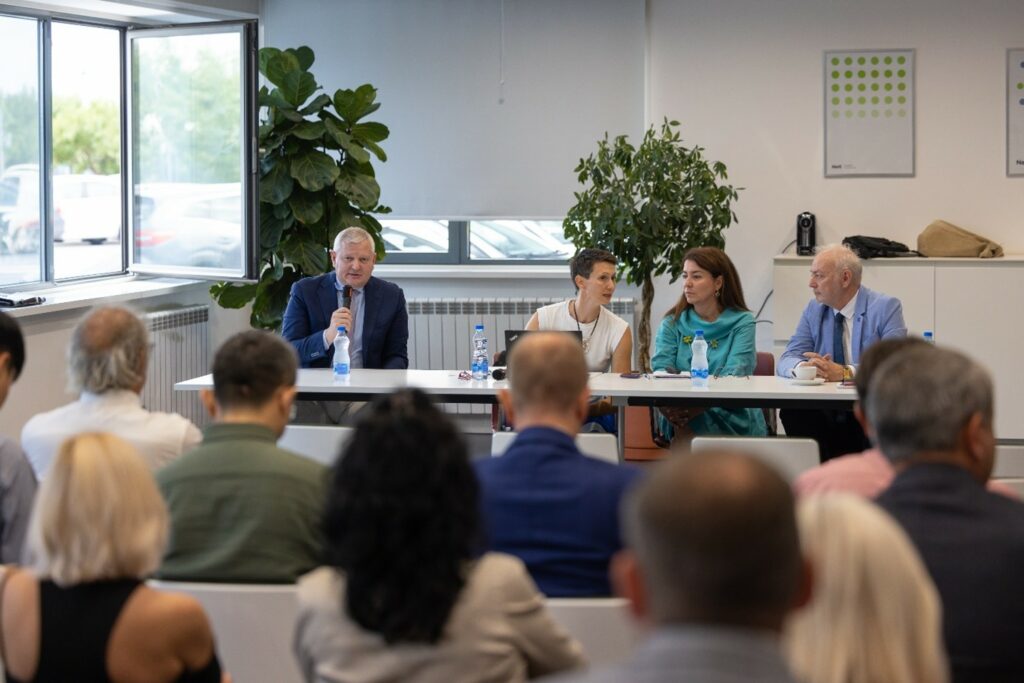
- Aida Nani, Regional Manager of the AEO Association, presented the role, organizational structure, and leadership of the Association, explaining the membership process, fees, and future vision for the AEO program, including the introduction of digital tools to streamline operations. She also highlighted specific benefits for different categories of economic operators under the SAFE Framework of Standards.
Quote from Aida Nani: “Each category of economic operator can unlock concrete benefits – from simplified customs procedures to reduced financial guarantees – when fully implementing the SAFE Framework standards.”
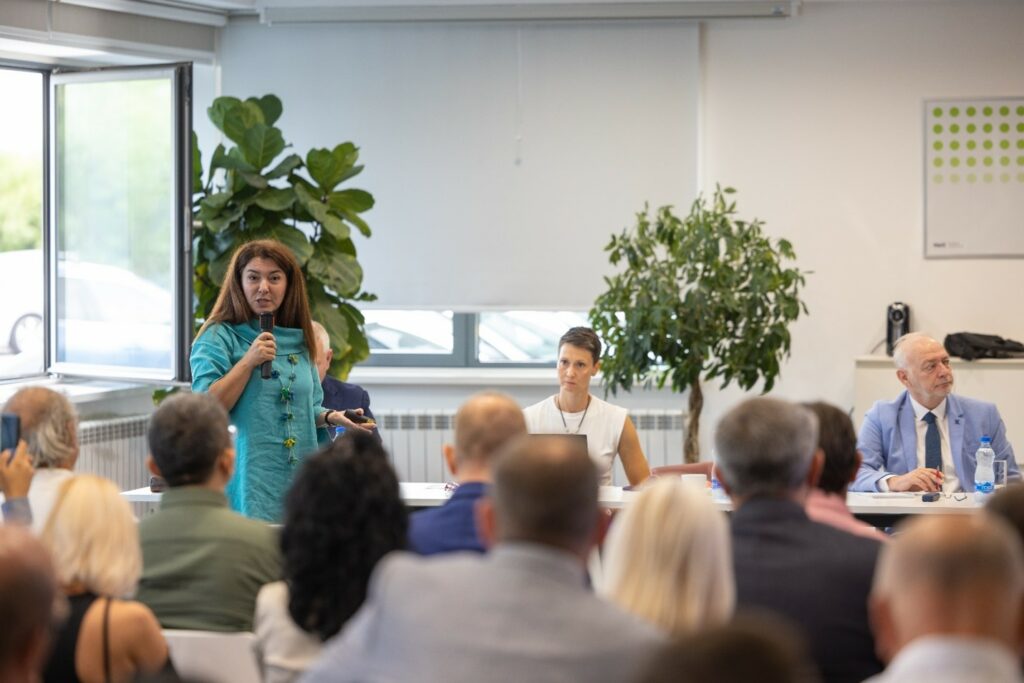
- Genc Çeli, President of the AEO Association, focused on the support from GIZ/Regio Trade for the Association and introduced some highlights of New Growth Plan for the Western Balkans, emphasizing regional cooperation and mutual recognition as a key driver for competitive trade.
Quote from Genc Çeli: “Regional collaboration is essential – by aligning standards and recognizing AEOs across borders, we can create a stronger, more efficient trade network for all businesses in the Western Balkans.”
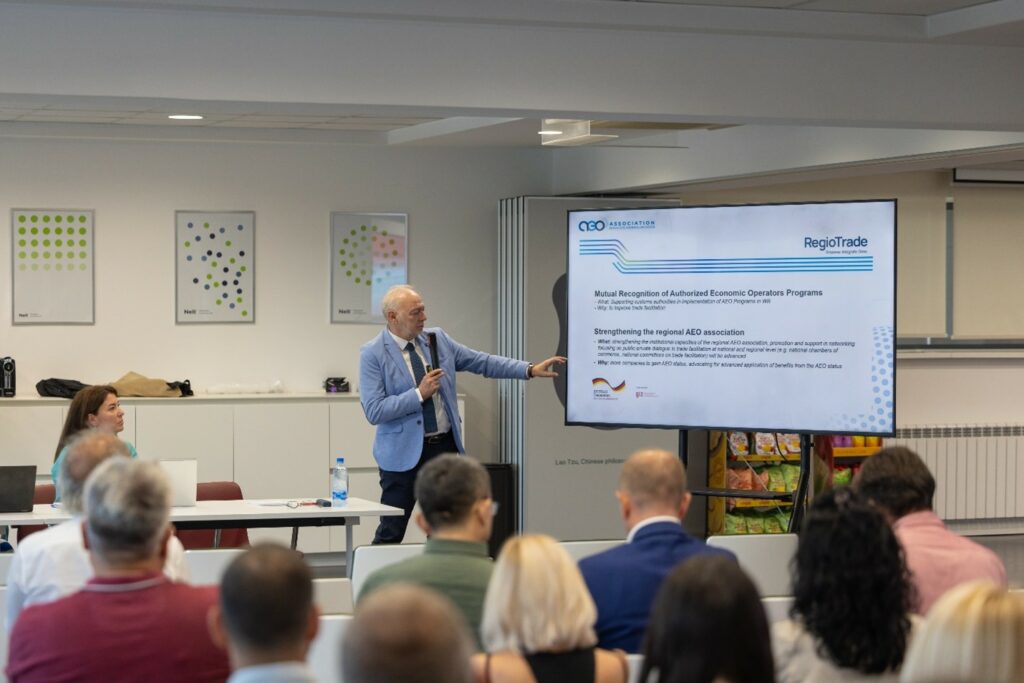
Discussion and Experiences
The most engaging part of the event was the open discussion, during which companies exchanged insights on their experiences with AEO status, and the tangible benefits achieved. Participants highlighted the efforts required to align with customs requirements, from strengthening internal compliance systems to investing in staff training and documentation.
While the achievement of AEO status was celebrated, several challenges emerged:
- Limited visible benefits: Companies noted that facilitation measures, such as green lanes at border crossings, are not operational or consistently applied, so AEO status does not always result in faster processing.
- Reduction of guarantees: While legally available since July 2023, this benefit mainly favors larger operators; SMEs see limited impact.
- Inconsistent application: Benefits are sometimes applied differently across customs offices, creating uncertainty.
- Compliance costs: Meeting AEO standards—including financial solvency, safety procedures, and record-keeping—requires significant investments, especially for smaller companies.
Limited network effect despite growth: While Serbia has approximately 70 certified AEO companies—the largest number in the Western Balkans—the overall network effect and trust advantages are still emerging, as more companies need to participate for the full benefits of mutual recognition, collaboration, and supply chain efficiency to be realized.






Customs Perspective
The representative of Serbian Customs Vladimir Ilić engaged actively in the discussion, stressing that customs is not only a regulator but also a partner for businesses. He underlined ongoing efforts to:
- improve communication about available benefits,
- ensure greater consistency in applying facilitation measures,
- the transition to fully digital SAD submissions through the New Customs IT platform is expected to take effect in June 2027
- strengthen training for both customs officers and private sector operators,
- and work towards enhanced regional cooperation.
- AEO-certified businesses can leverage the AEO Association to speak with a unified voice on issues affecting trade and customs procedures. Through the Association, companies can communicate directly with customs authorities, raise concerns about implementation challenges, share feedback on facilitation measures, and propose improvements to ensure that AEO benefits are applied consistently.
This exchange confirmed the importance of an open dialogue between customs and business to ensure that the AEO program delivers its full potential.
Quote from Vladimir Ilić, Serbian Customs Administration: “Our role is not only to ensure compliance but also to guide and support companies on the AEO journey. By working together, we can make the certification process smoother and maximize the benefits for the business community.”
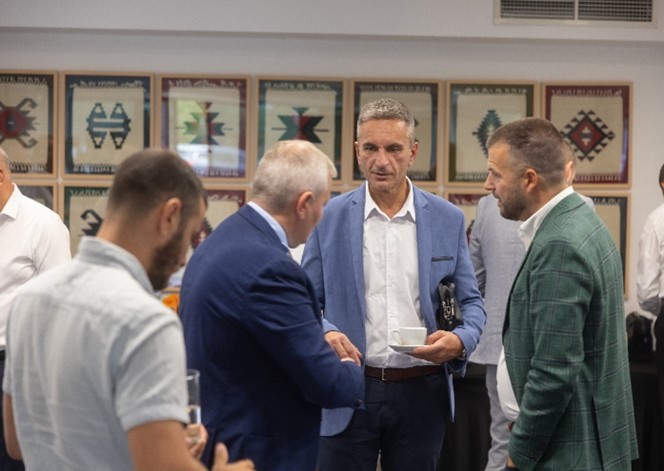

These discussions underscored the importance of partnership between customs and the private sector in building a trusted and efficient trade environment.
Conclusion
The awarding of AEO status to businesses in Serbia represents a significant milestone in enhancing trade facilitation and aligning with international best practices. With a growing number of companies achieving certification and increasing awareness of the benefits of AEO status, the program is gaining momentum. However, as participants emphasized, the true value of the program depends on the consistent and effective application of benefits—including priority treatment at borders, faster digital transformation, and faster customs clearance.
The AEO Association, together with its Serbian members and partners like 2BL Logistics, Nelt Group, DHL Group remain committed to supporting both companies and authorities in overcoming challenges and building a trusted, competitive trade environment across the region.
